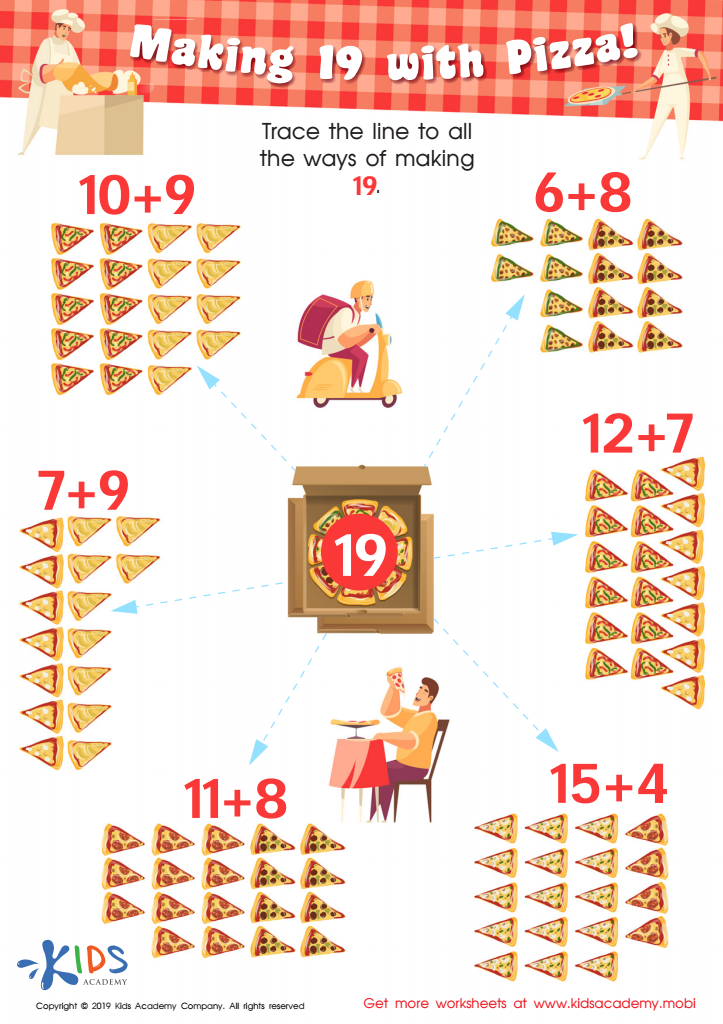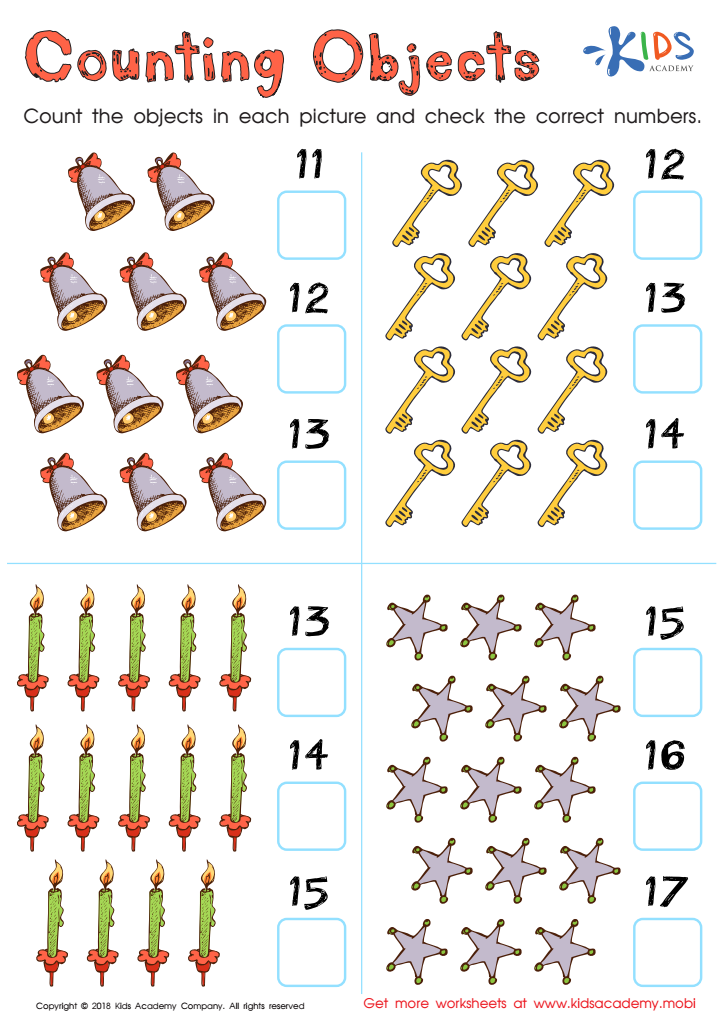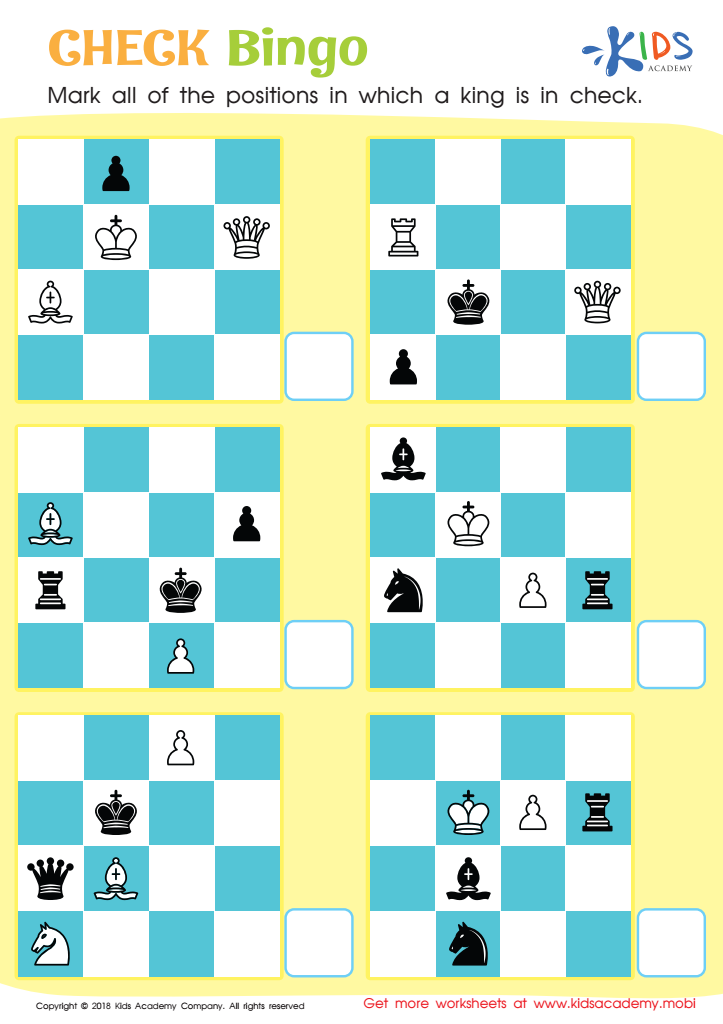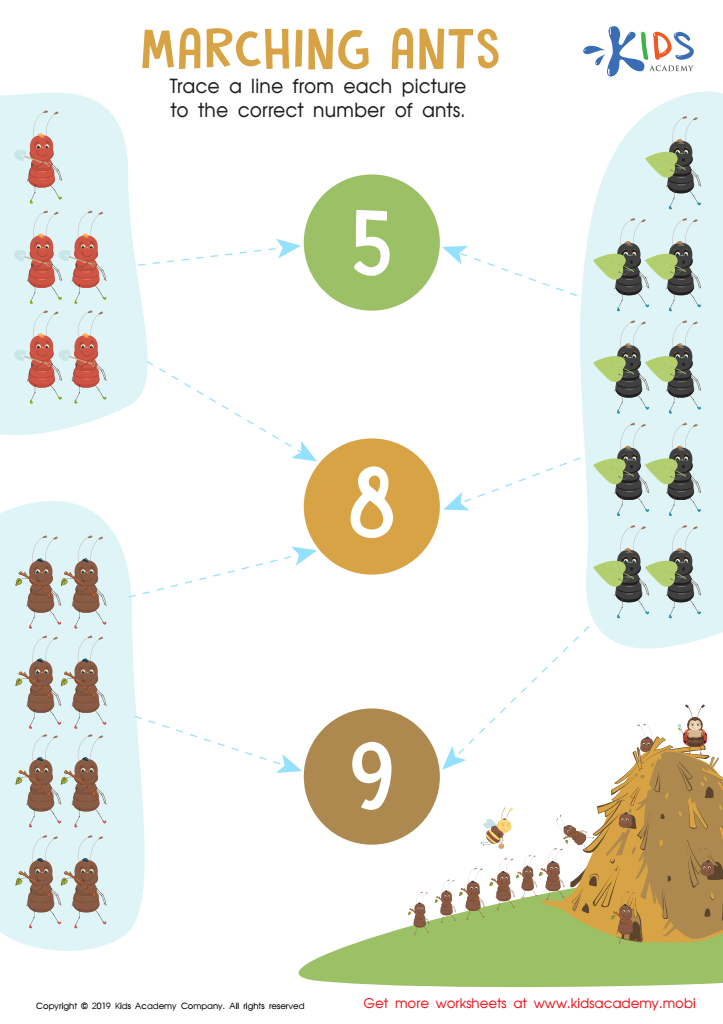Basic Addition Skills Normal Worksheets for Ages 4-5
5 filtered results
-
From - To
Discover engaging Basic Addition Skills Normal Worksheets designed specifically for children aged 4-5. Our worksheets introduce foundational math concepts in a fun and interactive way, helping young learners build their addition skills with ease. Featuring colorful illustrations and age-appropriate exercises, these worksheets encourage children to count, add, and solve simple problems. Ideal for both classroom and home use, they promote essential cognitive development and early numeracy skills. You can support your child's educational journey and inspire a love for math through these thoughtfully crafted activities. Explore our collection and watch your little ones gain confidence in their basic addition abilities!


Force and Interactions: Assessment 1 Worksheet


Making 19 with Pizza! Worksheet


Counting Numbers Worksheet For Kindergarten


Check Bingo Worksheet


Marching Ants Worksheet
Basic addition skills are fundamental for children ages 4-5, serving as a crucial building block for their overall mathematical understanding and future academic success. At this age, children are naturally curious and quickly absorb new concepts, making it an ideal time to introduce foundational math skills. Basic addition not only helps young learners develop number sense but also enhances their problem-solving abilities and logical thinking.
Mastering addition helps children understand the relationships between numbers, fostering early critical thinking. It supports essential life skills, such as budgeting and time management, as children grasp the concept of combining quantities. Moreover, students with strong basic addition skills tend to feel more confident in their math capabilities, promoting a positive attitude towards learning.
Parents and teachers play a vital role in reinforcing these skills through interactive and engaging activities, such as games, songs, or real-life scenarios. By caring about basic addition skills, they can create a supportive environment that nurtures a love for mathematics. Early intervention can also help identify any learning challenges, allowing for timely assistance. Ultimately, fostering these skills sets the stage for academic achievement and equips children with essential tools for success in their educational journey.
 Assign to My Students
Assign to My Students





















